
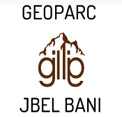
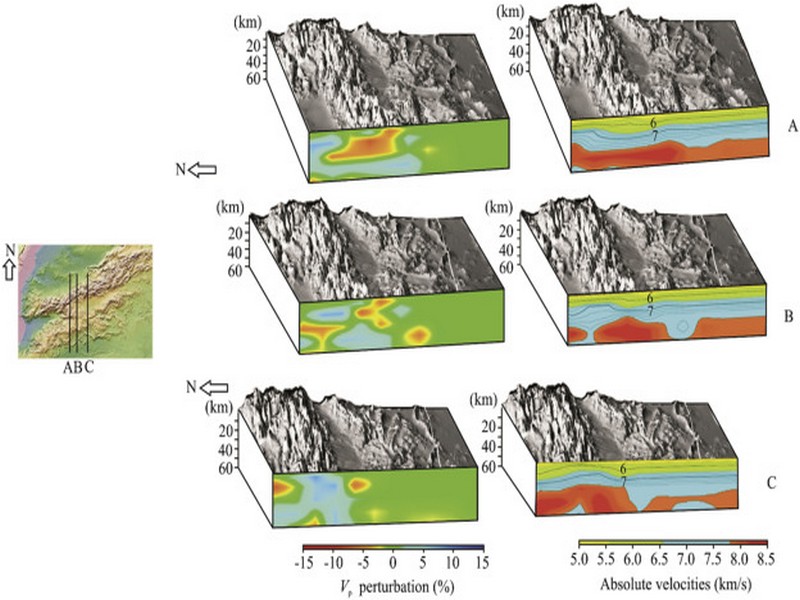
CENTRAL ANTI-ATLAS TRAVERSE: the northern border of the West African Craton
By DR. M. OUKASSOU, DR. H. EL HADI, DR. F. HAISSEN, DR. N. SABER
ITINERARY and OBJECTIVES
The south of Morocco is one of the most attractive touristic areas with diversified landscapes from snowy mountains to desert plains. The High Atlas with his 3000 to 4000 meters forms a major climatic barrier to the Atlantic perturbations, which account for the arid climate of the Anti Atlas sub Saharan domain south of the chain. These regions are occupied by berbere speaking populations with long hospitality tradition.
The two day trips follow most touristic roads and visit outstanding outcrops illustrating a central transect across the Anti-Atlas belt (figures G1 & G2), which corresponds to the external fold belt of the Hercynian (Variscan, Alleghanian) chain, but it also includes large Pan African inliers. The High Atlas formed during the Cenozoic at the expense of an aborted Triassic Jurassic rift. Therefore, three superimposed Wilsonian cycles can be illustrated during the trips. The itinerary will make possible to illustrate the complex geological history of these areas from 2 Ga to present day. Our purpose is to present and discuss various regional and thematic (sediment logical, structural, magmatic and
metamorphic) features, which record the main geodynamical events during this long geological history. Magnificent minerals (erhytrite, vanadinite...) and fossils (trilobites, goniatites...) can be purchased at many places.
During this field trip, the AgdzBou Azzer Tazenakht Agdzloop (figureG3)allows the participants to discover the PanAfrican belt (external platform domain in the Zenaga inlier, ophiolitic suture zone at Bou Azzer), the early volcano clastic cover sequence (late Neoproterozoic), and the mildly folded Early Paleozoic sediments (Cambrian and Ordovician).
Detailed road log for the trip are provided below along with Global Positioning Satellite (GPS) location at each stop. Note that all the stops are on public roads, and that the use of hammers and the collection of rocks are permitted.
Source web: DR. M. OUKASSOU, DR. H. EL HADI, DR. F. HAISSEN, DR. N. SABER sociedadgeologica.es
Les articles en relation
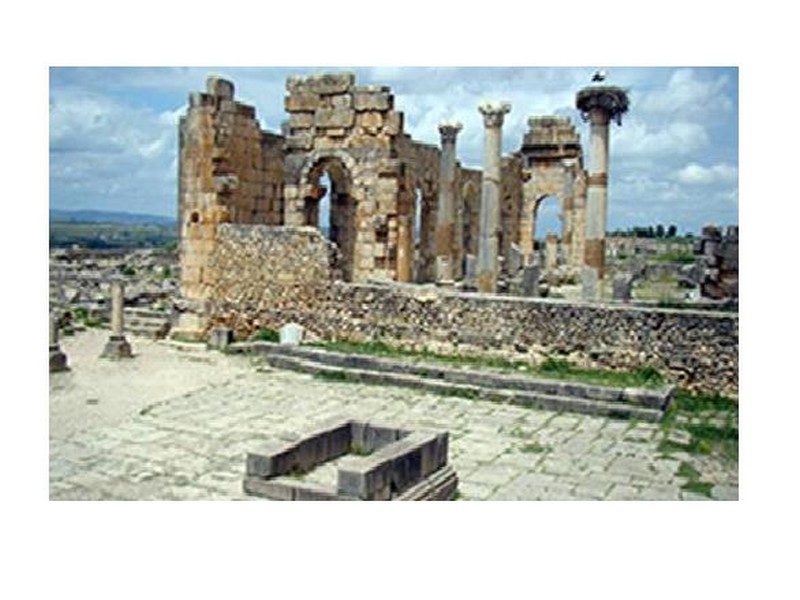
Patrimoine : une loi dans les tuyaux ?
Patrimoine : une loi dans les tuyaux ? Un projet de loi relatif à la préservation et la mise en valeur du patrimoine national culturel serait en cours d’élaboration actuellement. Plus concrètement, i
Savoir plus...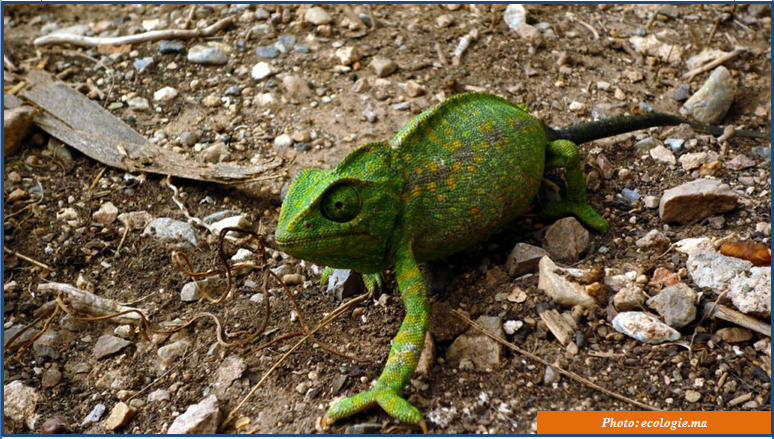
Le caméléon commun
Le caméléon commun Le caméléon (حرباء en Arabe, تاتا en Darija ) est un reptile diurne et arboricole, il ne descend que rarement à terre. Il vit en solitaire et se montre très territor
Savoir plus...
Défense de l'Environnement- Partenaires - durabilité
La défense de l’environnement ne s’arrête pas à nos frontières Les problèmes environnementaux n’ont pas de frontières. La destruction de la biodiversité ou le changeme
Savoir plus...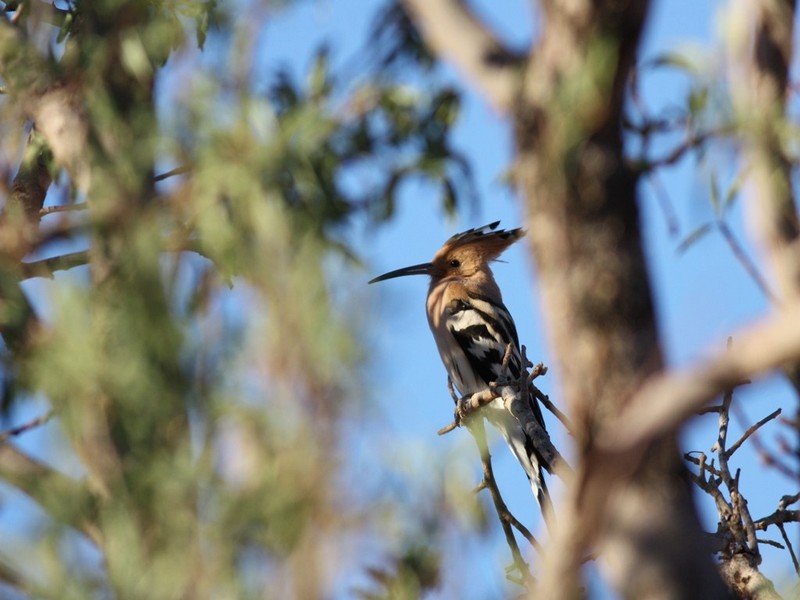
La huppe fasciée
La huppe fasciée La huppe fasciée est un oiseau au long bec gracile légèrement arqué. Il a une huppe érectile de plumes roussâtres au bout noir. Son dos est de couleur arlequin teint&ea
Savoir plus...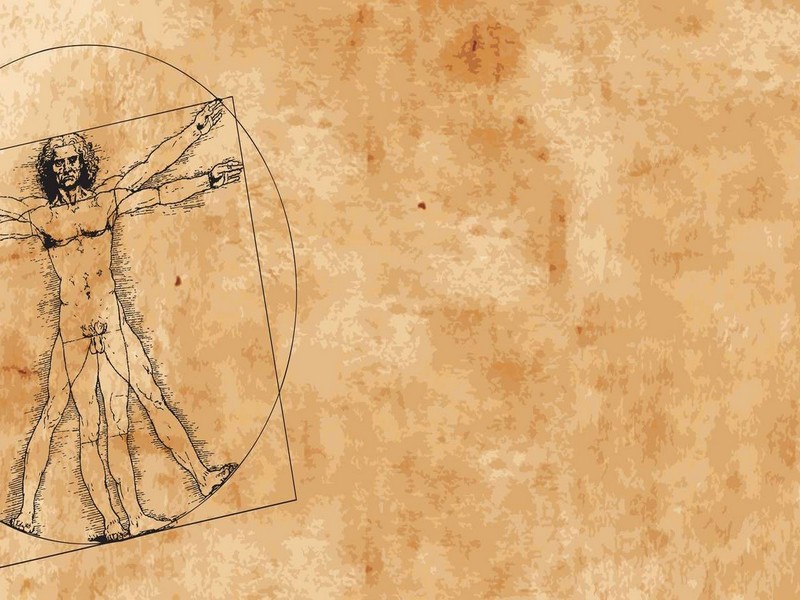
Quand Léonard de Vinci décodait les fossiles
Quand Léonard de Vinci décodait les fossiles Un tableau de Léonard de Vinci, Salvator Mundi, s'est vendu aux enchères à un prix record de 382 millions euros le 15 novembre 2017. Mais Léon
Savoir plus...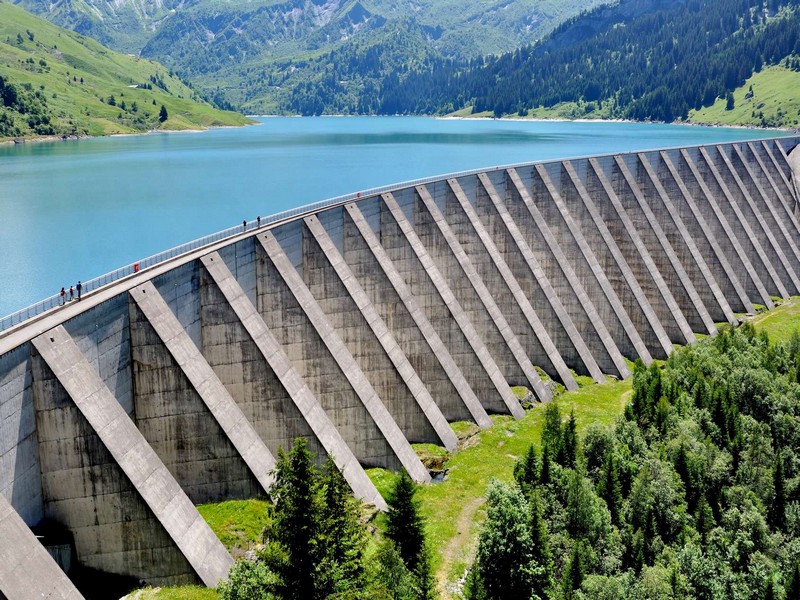
Barrages : quels sont leurs avantages et leurs inconvénients ?
Barrages : quels sont leurs avantages et leurs inconvénients ? Un barrage artificiel bâti en travers d'un fleuve ou d'une rivière peut avoir plusieurs usages : pour la production d'électricit&ea
Savoir plus...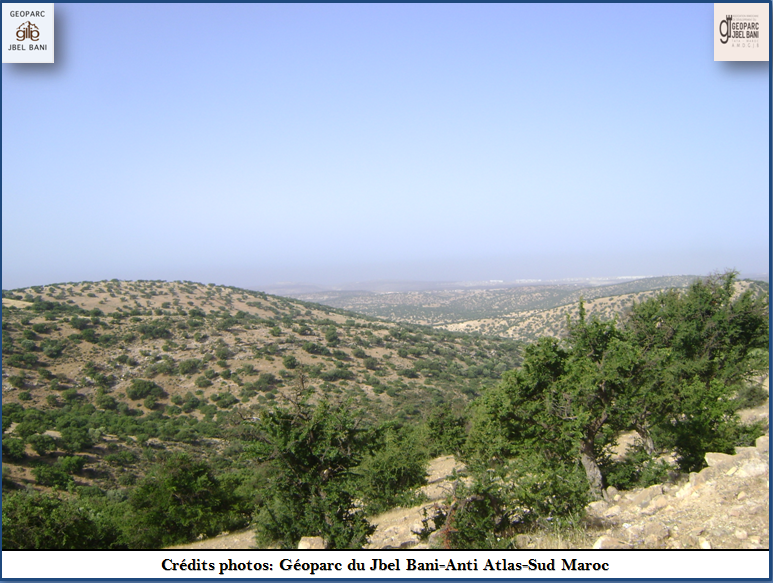
Les 10 arbres fruitiers spontanés du Maroc
Les 10 arbres fruitiers spontanés du Maroc Le Maroc, pays où l’agriculture occupe un rôle très important, est une terre qui compte de nombreuses espèces d’arbres. Le Maroc, pays de passage, a
Savoir plus...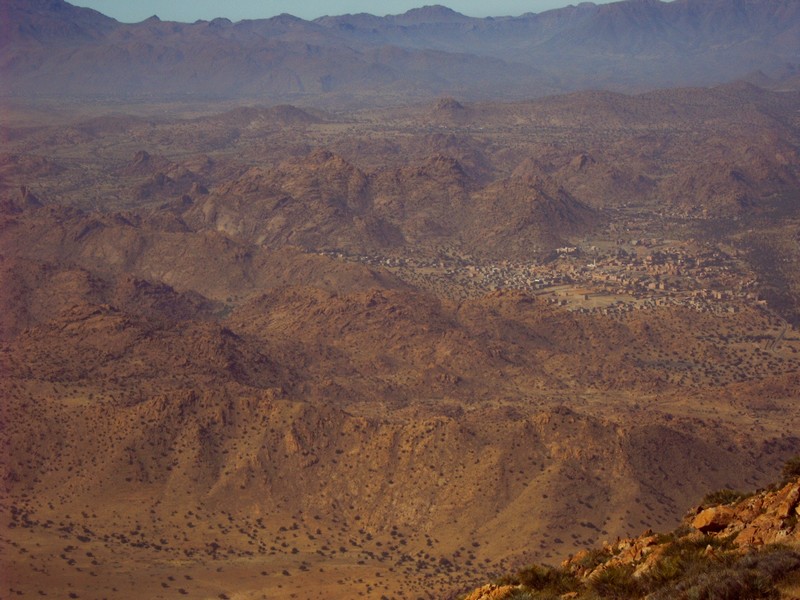
Fiche technique du SIBE "Jbel Kest (62)" (Géoparc Jbel Bani)
Fiche technique du SIBE "Jbel Kest (62)" (Géoparc Jbel Bani) Date de publication 27/11/2006 Couverture géographique Maroc, Mots-clefs Aire protégée, SIBE, Coordonnées : 29°
Savoir plus...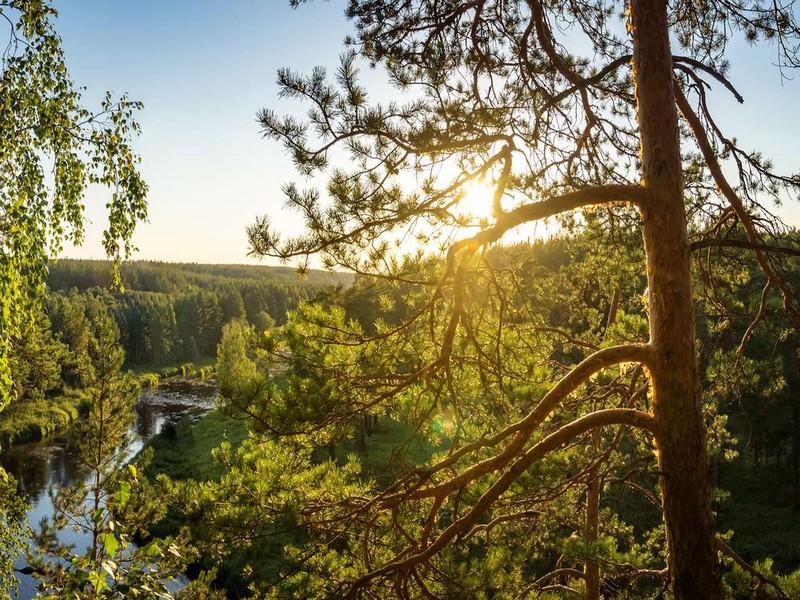
Climat subarctique
Climat subarctique Un climat se définit grâce à différentes données météorologiques. Les températures et les précipitations sont déterminantes en la matière.
Savoir plus...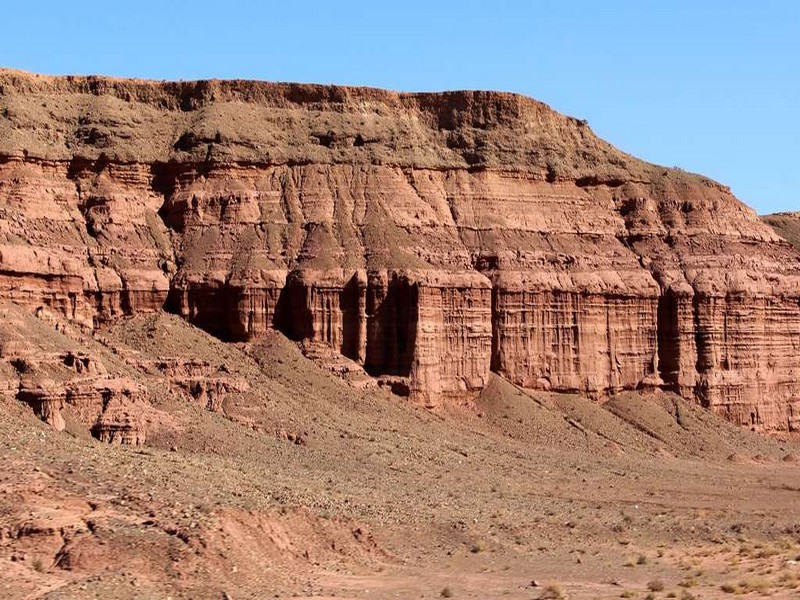
Les fossiles du Crétacé : un riche patrimoine à découvrir et à protéger
Les fossiles du Crétacé : un riche patrimoine à découvrir et à protéger Au Maroc, les fossiles du Crétacé sont présents le long d'une falaise s'étendant su
Savoir plus...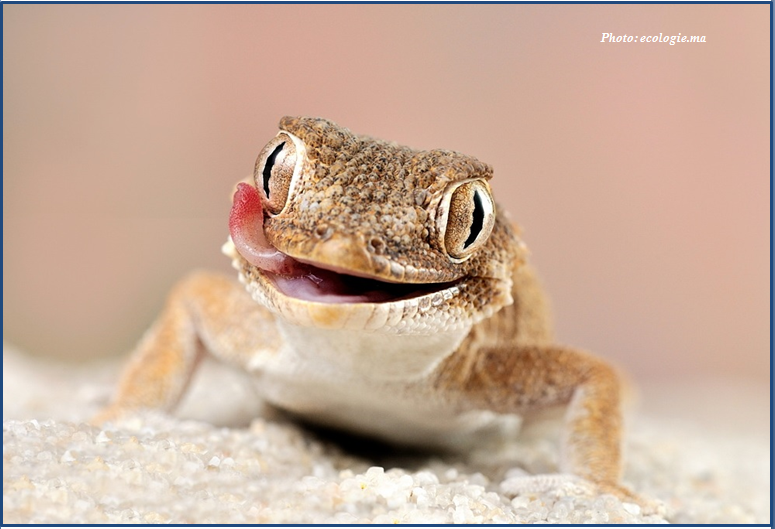
Le gecko casqué
Le gecko casqué Le gecko casqué (Tarentola chazaliae) est un lézard de petite taille qui ne dépasse pas 10 cm de longueur. Il doit son nom à la forme de sa tête qui rappelle celle d’un casqu
Savoir plus...
Journée internationale de la prévention des catastrophes
Journée internationale de la prévention des catastrophes «Plus 90% des catastrophes de grande ampleur sont des phénomènes climatiques extrêmes» Instituée par une résoluti
Savoir plus...Les tags en relation
En savoir plus sur " Géologie et TSGJB - AMDGJB ! "
Consulter les vidéos de " Géologie et TSGJB - AMDGJB ! " Consulter les photos de " Géologie et TSGJB - AMDGJB ! " Consulter les publications de " Géologie et TSGJB - AMDGJB ! " Consulter les éditions de " Géologie et TSGJB - AMDGJB ! " Consulter les communications de " Géologie et TSGJB - AMDGJB ! "Recherche du site
Recherche avancée / SpécifiqueVulgarisation à la géologie
Qu'est ce que les sciences de la terre: vulgarisation Qu'est ce que la géologie ? Géologie et TSGJB - AMDGJB !
Géoparc et Recherche Scientifique
Le coins de l’étudiant
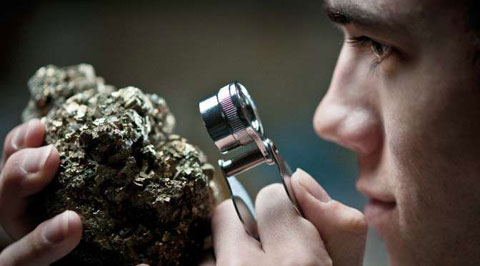

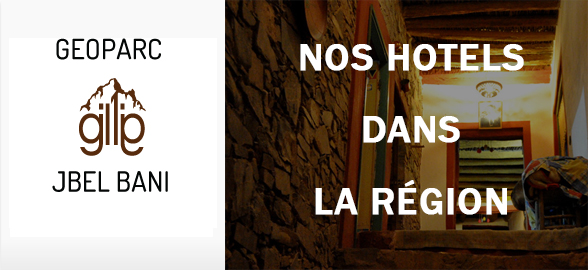
Blog Géoparc Jbel Bani
Dictionnaire scientifique
Plus de 123.000 mots scientifiques
Les publications
Géo parc Jbel Bani
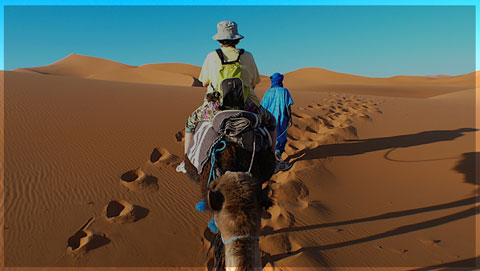
Circuits & excursions touristiques
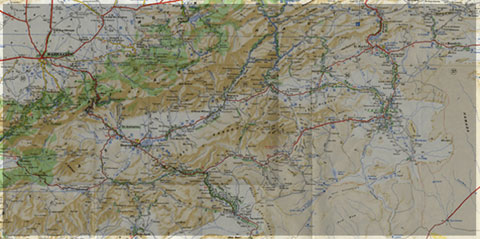
cartothéques
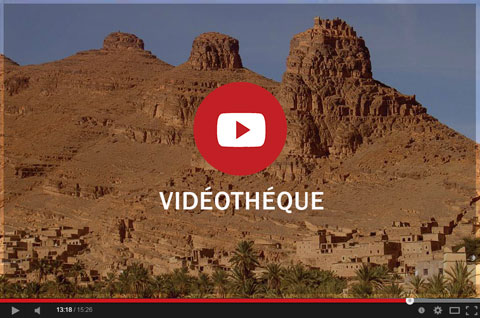
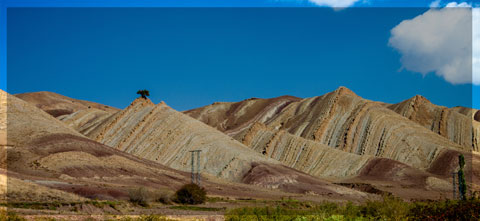
Photothéques
Publications & éditions



